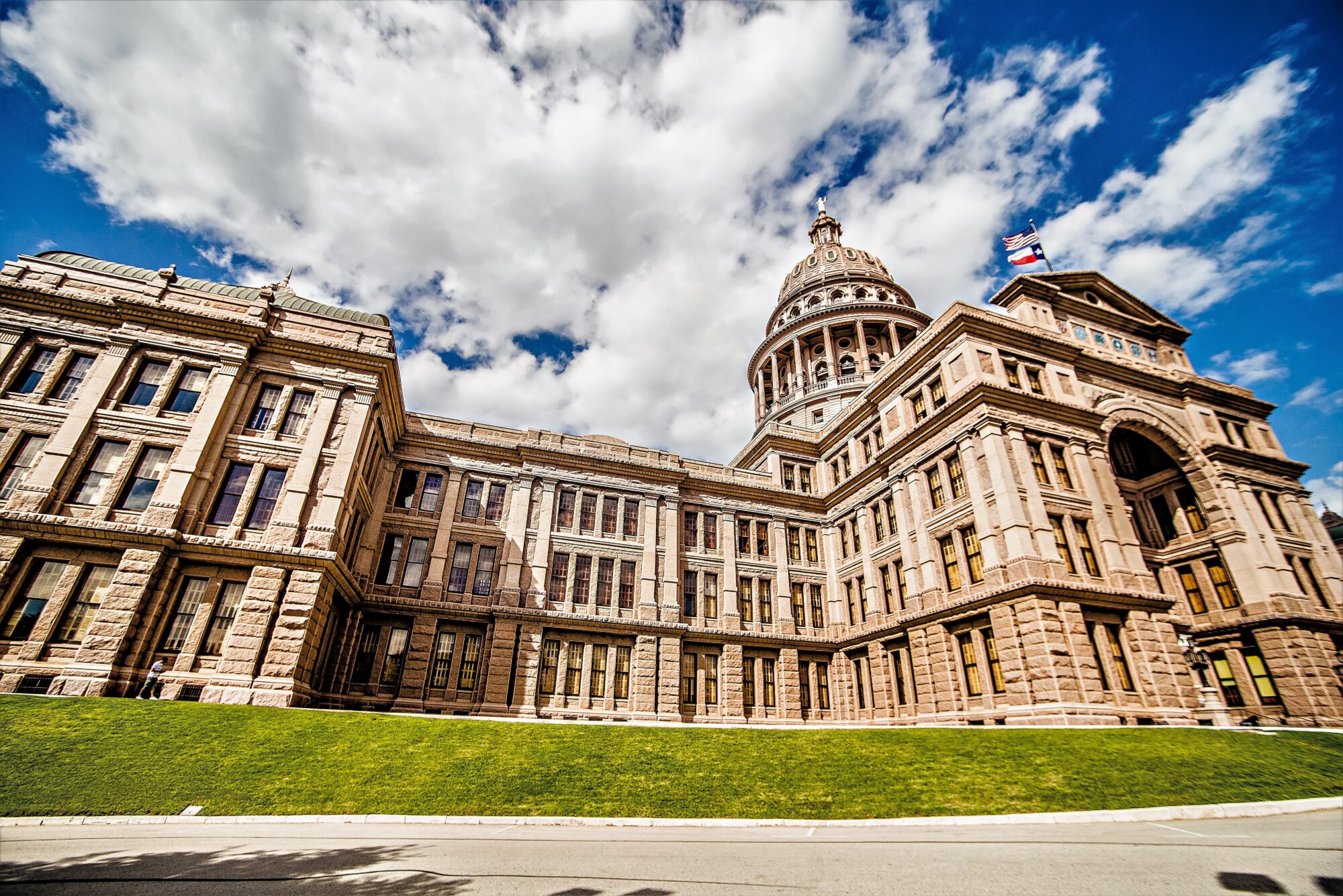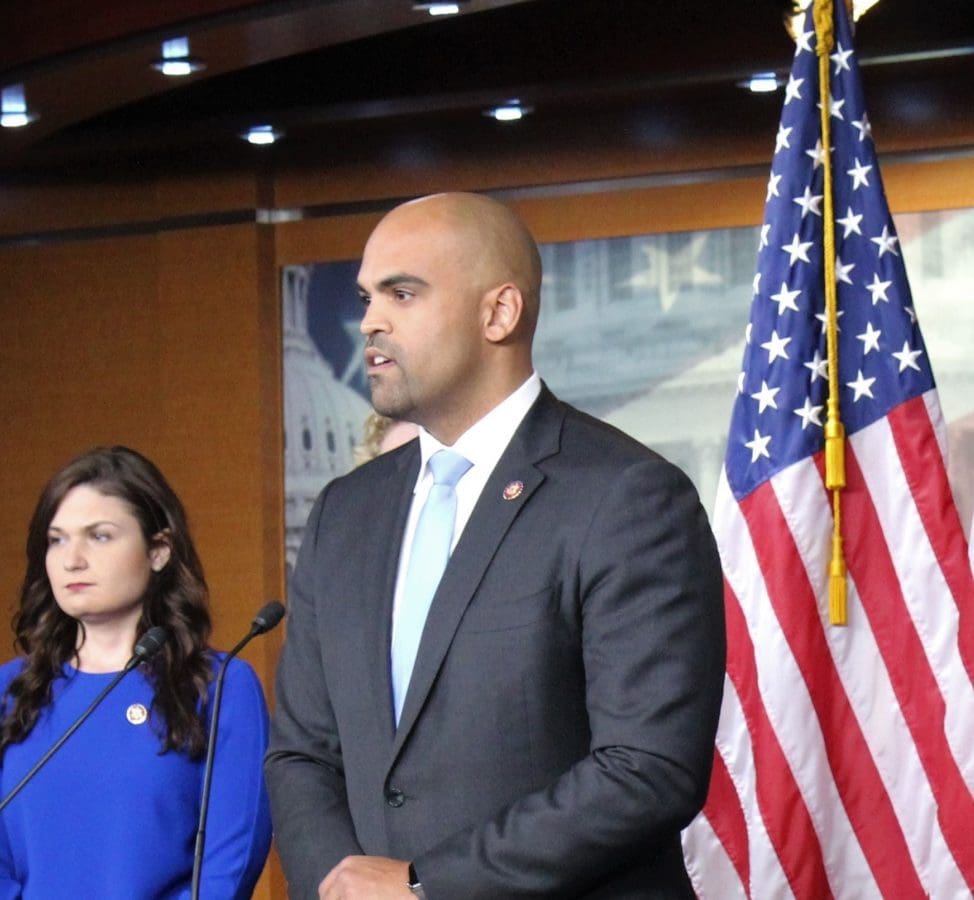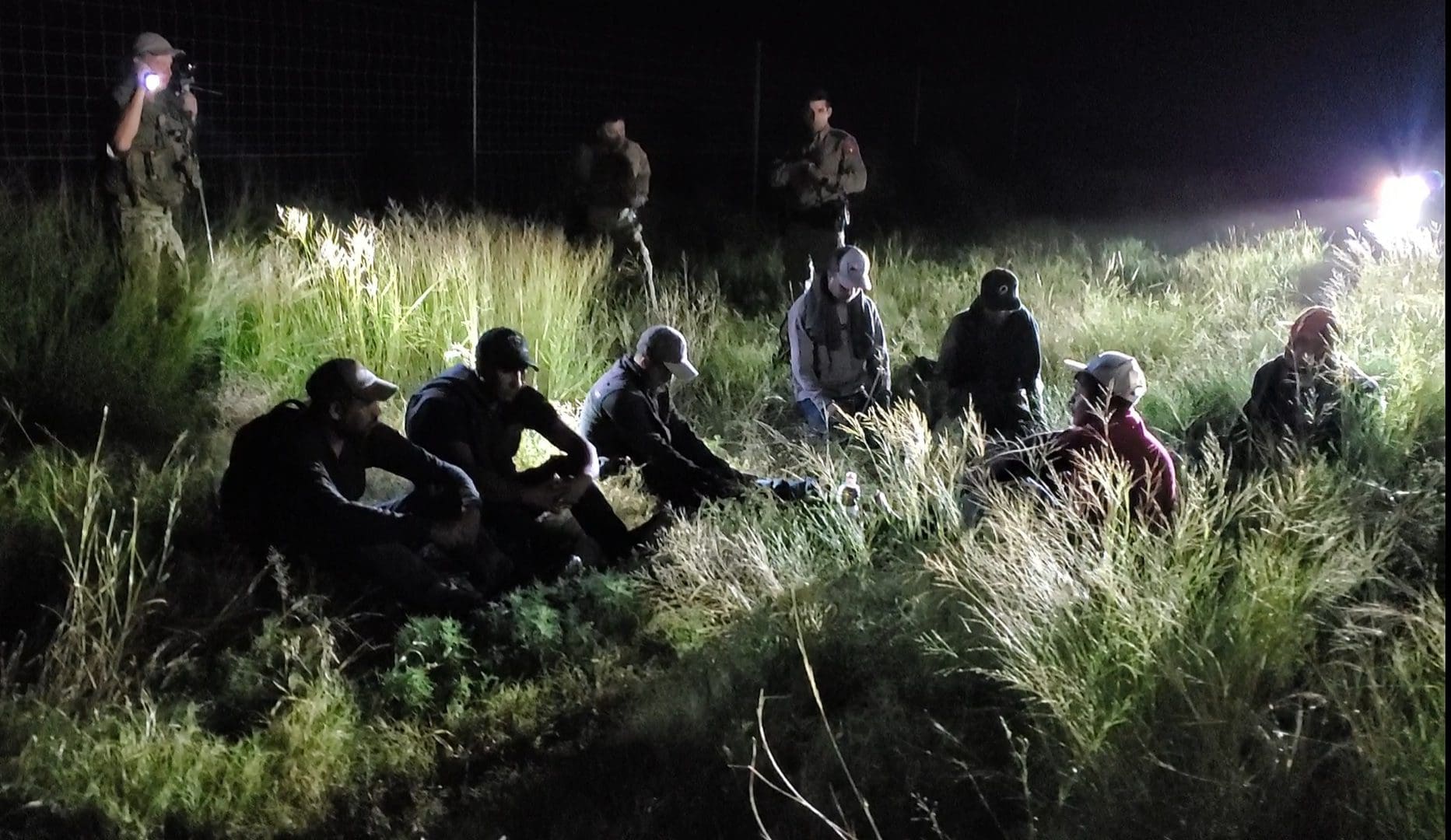Texas’ Senate Border Security Committee will hear testimony from citizens on Thursday about legislation from the Texas House that would potentially assist in dealing with the ongoing border invasion.
House Bill 7 by State Rep. Ryan Guillen (R–Rio Grande City) is widely considered the landmark border security measure of the current legislative session.
It provides funding for border security needs, including courts that deal with border-related offenses and for property owners who have incurred financial damages caused by illegal crossings.
After being amended to include elements of another border security proposal, HB 7 now also establishes the Border Protection Unit, which will be responsible for deterring and repelling persons attempting to unlawfully enter the state at any place other than a port of entry. The BPU will operate under the Texas Department of Public Safety and establish a headquarters in the border region; however, its jurisdiction is limited to border counties where the county commissioners court approves of its presence.
The BPU was originally a component of House Bill 20, but after House Speaker Dade Phelan (R–Beaumont) sided with Democrats to kill it on a technicality, Guillen added that part of the bill to HB 7.
Notably, the amended HB 7 does not include any mention of Article I, Section 10 of the U.S. Constitution, which authorizes each state to defend itself in the event of an invasion. It also removes the eligibility of noncommissioned officers for the BPU, limiting it to licensed peace officers. Additionally, it does not resurrect the state-level Title 42 or allow for the construction of a permanent barrier, only a temporary infrastructure.
“As currently amended and passed by the Texas House, HB 7 would fundamentally defang the newly created state Border Protection Unit by making it subject to whims of border county commissioners courts, most of whom are controlled by liberal Democrats who have no intention of allowing the state to repel and remove illegal aliens entering Texas between ports of entry,” Chris Russo, president of Texans for Strong Borders, told Texas Scorecard. “In fact, in many cases, it could hamper existing border security efforts under Operation Lone Star by making DPS more broadly subject to these same restrictions.”
Besides removing this “unnecessary restriction on operations,” Russo is advocating for the Texas Senate to make several changes in a committee substitute of the bill, including letting former military personnel and U.S. Border Patrol agents join the BPU as well as adding the enhanced criminal trespass provision from HB 20.
“With these changes, HB 7 would represent the greatest leap forward in allowing Texas to secure its own border to date. Without them, HB 7 risks hampering this vital mission even further,” said Russo.
The committee will also hear testimony on House Bill 800, which will increase criminal penalties for smuggling, operating a stash house, or evading arrest.
As the border invasion intensifies amid the end of Title 42, South Texans are facing a monumental crisis.
The 88th Legislative Session ends May 29, leaving lawmakers with mere weeks to act.
No ads. No paywalls. No government grants. No corporate masters.
Just real news for real Texans.
Support Texas Scorecard to keep it that way!





